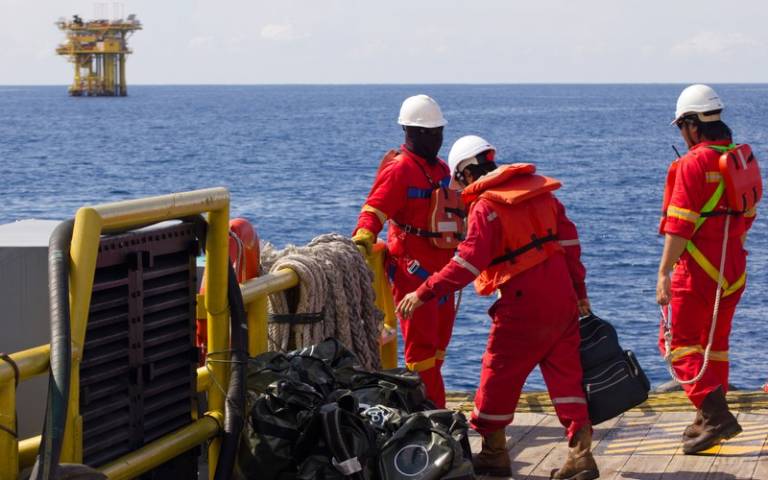UCL research helps shape international decarbonisation policy toolkit
A multidisciplinary collaboration between UCL and European partners has explored how to make the low-carbon transition “just and politically robust” and developed a toolkit to support policymakers.

14 December 2023
Low-carbon technologies and economies are vital if climate warming is to be slowed. However, making the shift away from fossil fuels is disruptive and can have a disproportionately negative impact on some industries and communities.
Such unequal impacts can affect how policies are perceived by those affected and ultimately influence whether a policy is successful.
Dr Fergus Green (UCL Political Science) has teamed up with colleagues at the London School of Economics and at institutions in Norway, the Czech Republic and Austria to explore the moral and political implications of decarbonisation policy development. The JUSTDECARB research project has helped them to identify who might benefit and who might lose out in the transition to a low-carbon future – and how governments should assist the ‘losers’.
Unsurprisingly, people who lose out most from a particular climate policy tend to resist the low-carbon transition,” explains Dr Green.
“To ensure a just and smooth transition away from fossil fuels, we need to understand who is most vulnerable to the changes and how we can best support them. For example, where an industry needs to be phased out, workers should have access to retraining and financial support,” says Dr Green.
Transitional assistance policies such as these are key elements of a ‘just transition’, but it is also crucial for vulnerable stakeholders to have a voice in the policy process. Accordingly, Dr Green’s research includes a project to understand how participatory processes, such as citizens assemblies, can increase the perceived legitimacy of climate policies.
The interdisciplinary research by political scientists, philosophers, economists and lawyers has culminated in a ‘toolkit’ for policymakers. The production of this toolkit was informed by a series of workshops and consultations with representatives from government bodies in each of the four countries in the consortium, including the UK’s Climate Change Committee.
The evidence-based toolkit, launched in Norway in October 2023, sets out analytical tools, frameworks and policy options for use across the five phases of the policy cycle: planning and analysis; stakeholder consultation; policy design; implementation; and monitoring and evaluation.
“We expect the toolkit will be used by civil servants, NGOs and trade unions, to help them develop policies that will smooth the transition away from fossil fuels,” says Dr Green.
 Close
Close


